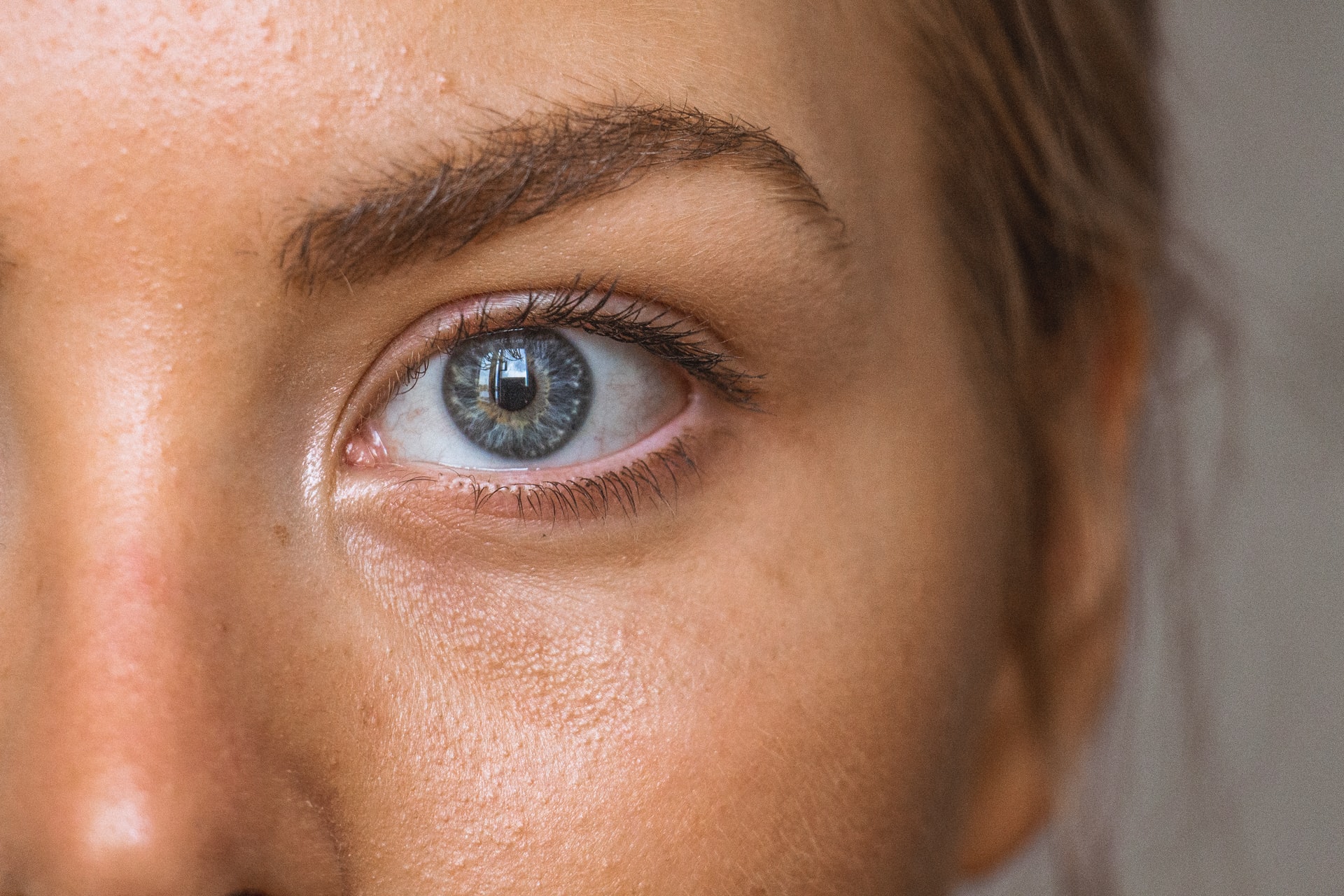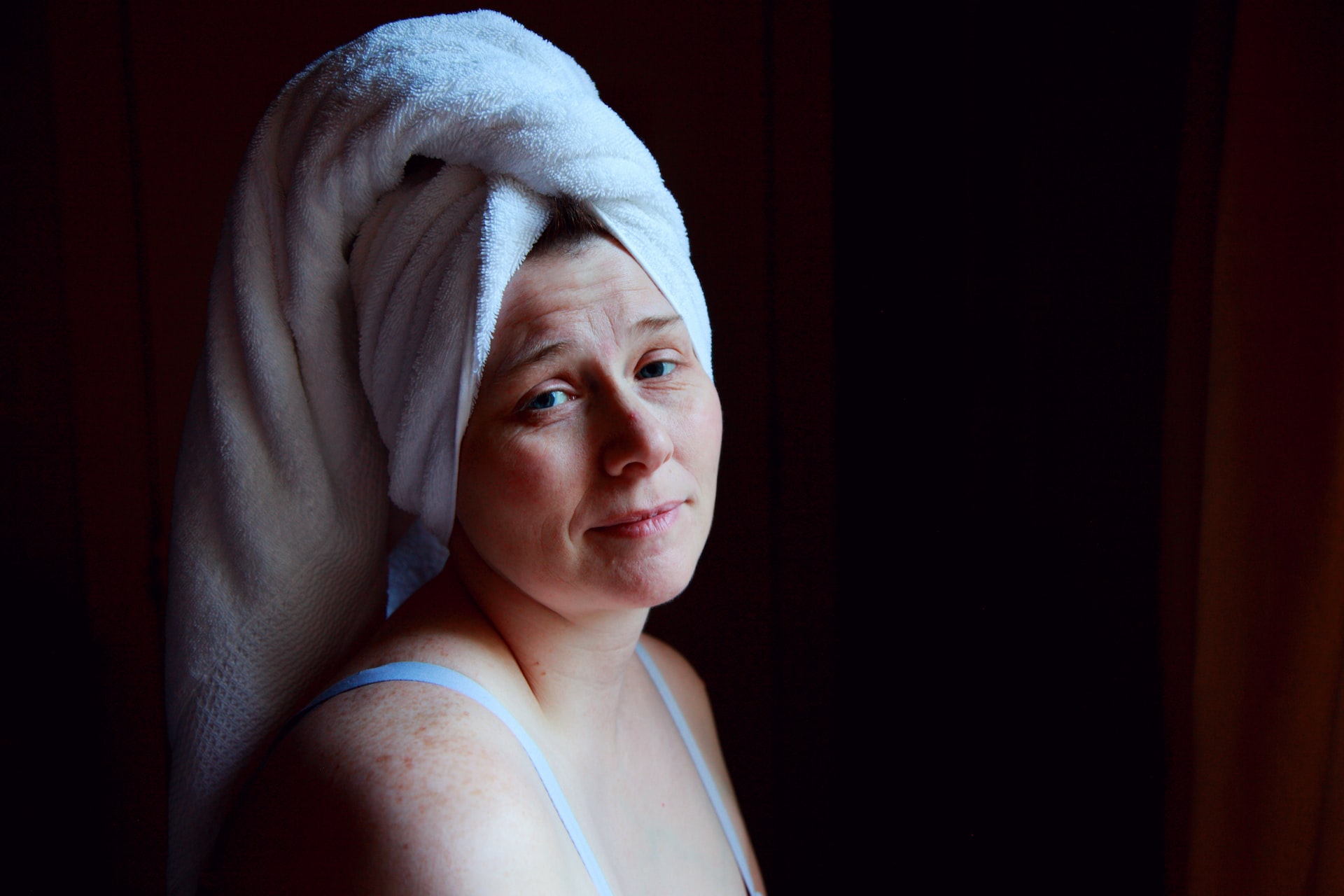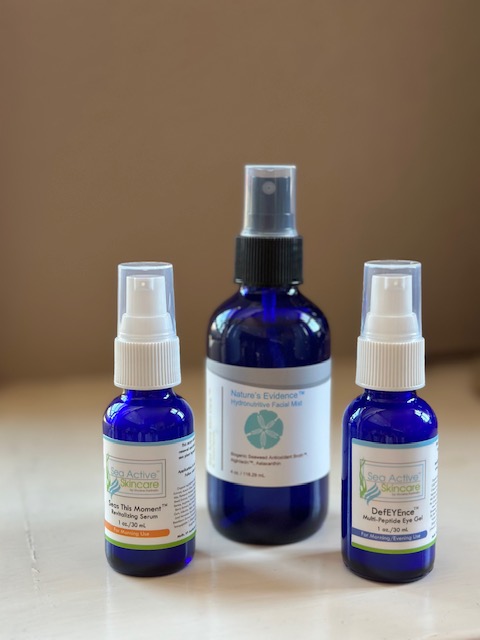Excessive drying and flaking of the skin is a common problem for many women, especially around the face area, and can be caused by a combination of factors, including hormonal changes, such as puberty, pregnancy, perimenopause, or menopause, the use of certain medications, or low levels of essential fatty acids. Dry skin may also be caused by an underlying skin condition, such as dermatitis, eczema, or psoriasis, that is not being effectively treated.
When you have dry skin, your initial instinct may be to use a lot of moisturizers. While this will help, and you will likely notice results in a matter of minutes, it is only a temporary remedy. It might be more advantageous to figure out what’s causing the dryness to begin with. You might be shocked by what you discover – some skin dehydrators can be found in unexpected areas.
If you’re searching for dry skin remedies, start with this list to see if one of these reasons is to blame, and how you should address these dehydrators.
Fragrance can irritate the skin
Fragrance is a common cause of dry skin because it can cause your skin to overproduce oil. When your skin is overproducing oil, it cannot function properly. This causes your skin to lose its ability to function as a barrier, which results in a host of problems, including flakes, redness, and a feeling of tightness.
It may take multiple exposures for the skin to react, or it may react immediately.
Look for the phrase “fragrance” in the ingredients list, and keep in mind that “fragrance-free” is your best buddy. Pay attention to labels. Natural preservatives like lavender oil and other botanical oils are sometimes used in cosmetics that are labeled “fragrance-free.”
Soap may remove moisture from the skin and scalp
Many women experience dry skin around the cheeks and nose during bath season when they use soap frequently. Soap, which is made from a combination of fat and detergent, is the primary cause of dry skin in bath season. When soap is used frequently, it strips the skin of its natural lipid barrier, which leaves the skin more susceptible to the elements and leads to excessive drying and flaking. Soap also increases the skin’s sensitivity to fragrance and other irritants, leading to redness and discomfort.
Genes may cause dry skin
Dry skin is more common in people with a family history of the condition. Some scientists believe that the amount of skin-protecting oil your body makes, called sebum, may be partly controlled by your genes. For example, people who have a gene that makes their sebum oilier have a higher risk of developing dry skin, according to a 2007 study published in the journal Science. Dry skin is also more common in those who have abnormalities in genes that regulate the production of filaggrin, the protein involved in the formation and hydration of the skin barrier.
If you’ve always suffered dry skin or it runs in your family, search for moisturizers that contain ceramides and lipids, which assist in strengthening and developing the skin barrier.
Hard water can prevent natural oil production
One of the primary causes of dry skin is hard water. Water that contains a high concentration of calcium and other minerals is known as hard water. When water contains a high concentration of minerals, it can lead to dry, cracked skin because the water doesn’t allow your skin to produce enough oil to stay moisturized.
The best way to prevent dry skin caused by hard water is to use a shower filter that removes the minerals in your water. We also recommend including skin-care products containing vitamins A and C in your routine because they help remove the coating left by hard water.
Acne medications and retinoids increase skin cell turnover, resulting in dryness
One of the most common side effects of acne medications is dry skin, which is typically caused by the medications themselves. Retinoids, such as tretinoin, are commonly prescribed for acne but can also cause dry skin on other areas of the body, including the face. In addition to causing dry skin on other parts of the body, retinoids also tend to leave a white film on the skin, which can be a sign of dry skin even after the treatment is over.
Dry air can increase symptoms of dry skin
Dry air causes dry skin when the air contains low levels of humidity. When there is not enough moisture in the air, the skin of your face and hands will have dry, flaky skin. Consider using a humidifier to manage the moisture in your home.
Long, hot showers may dehydrate the skin
Hot showers are great for your skin. Most hot showers are also refreshing and invigorating. However, when you’re in one, you can nevertheless end up with dry skin. The friction between the water and the skin causes the skin to lose moisture and elasticity, leading to flakes, redness, and itching.
You can avoid dry skin by taking short showers and keeping the water temperature mild rather than hot. After that, use a moisturizing cream as soon as you get out of the shower because moisturizers work better on damp skin.
Skin dryness can increase with age

Dry skin is a common complaint among individuals as they age, and occurs when the amount of water on the skin is low. This often occurs because the body is less able to retain water as it ages.
Likewise, as we age, we lose the oil glands that produce sebum, which lubricates our skin. When this happens, our skin becomes drier and less able to protect itself from environmental damage. This can lead to premature aging, flakiness, and dullness of the skin.
The fix? The American Academy of Dermatology suggests moisturizing every day (or numerous times a day if necessary).
Dry skin can be caused by some medical conditions
Other diseases can also lead to dry skin, such as eczema, psoriasis, and dermatitis. In some cases, these skin conditions are treated with medications, and the required treatments may take a long time to wear off. In other cases, the disease worsens and requires more medical attention.
To tell if your skin dryness is due to something as simple as the weather or something more serious, we recommend consulting your doctor. They can assist you in determining the appropriate treatment once you’ve identified the reason for the dryness.
Sea Active Skincare for Dry Skin
Dry skin is often the result of a lack of moisture. For those with sensitive skin, dryness can be an uncomfortable and even painful condition. But there are ways to keep your skin moisturized and healthy even if you suffer from dry skin. Sea Active Skincare® has a wide range of products and treatment options that are designed to help make your dry skin healthy and moisturized. Visit our website to see all the organic products we offer!


